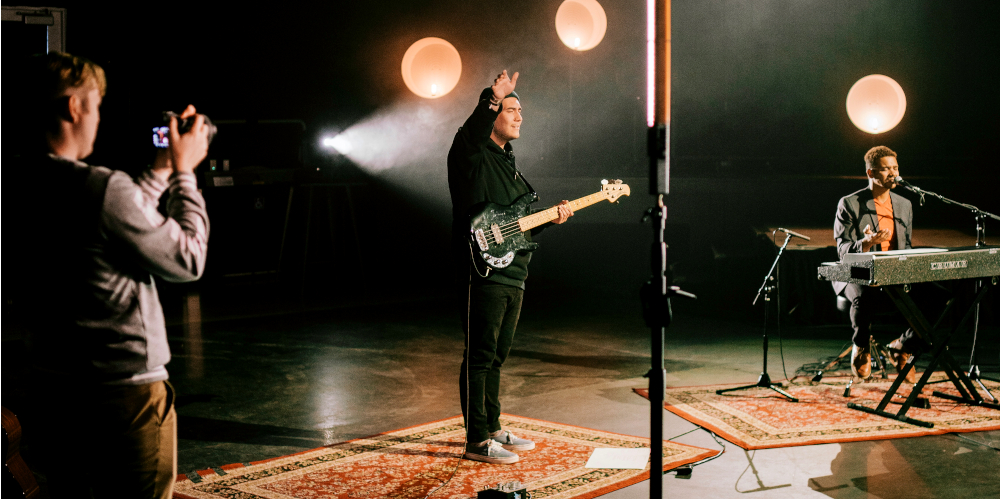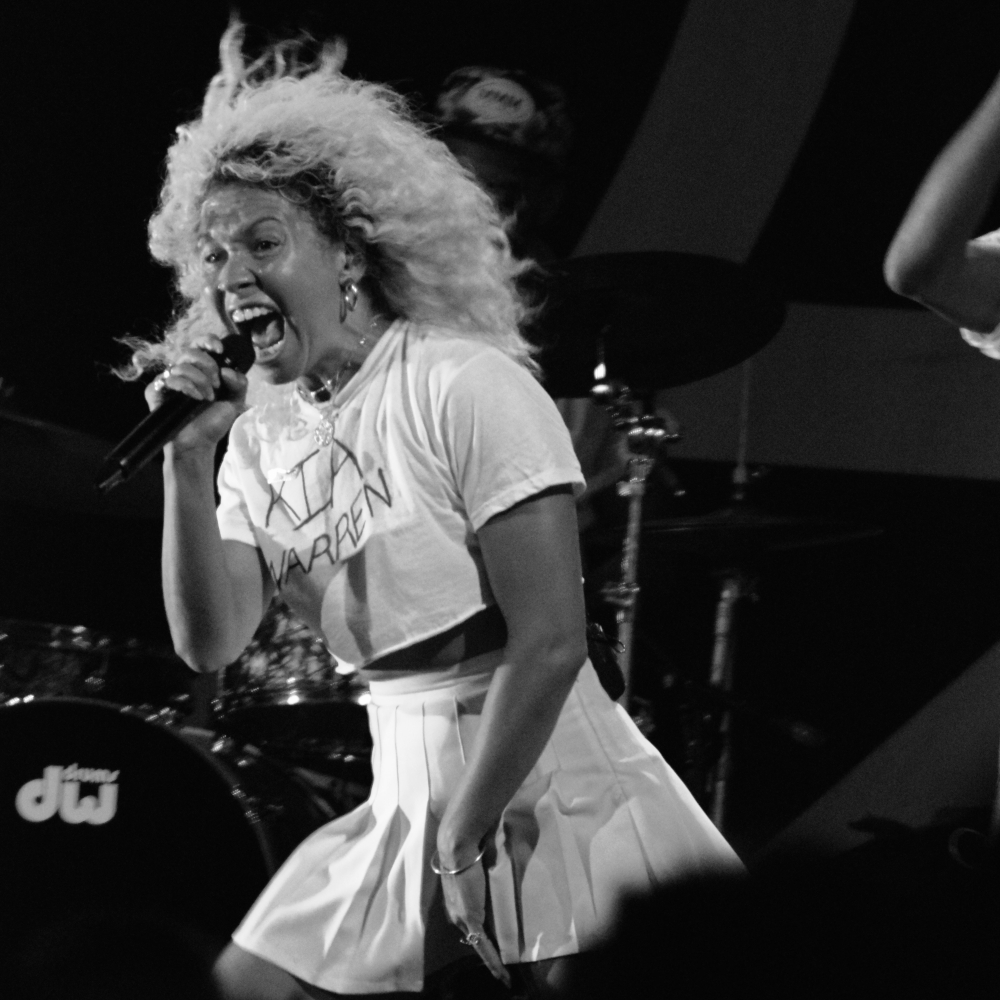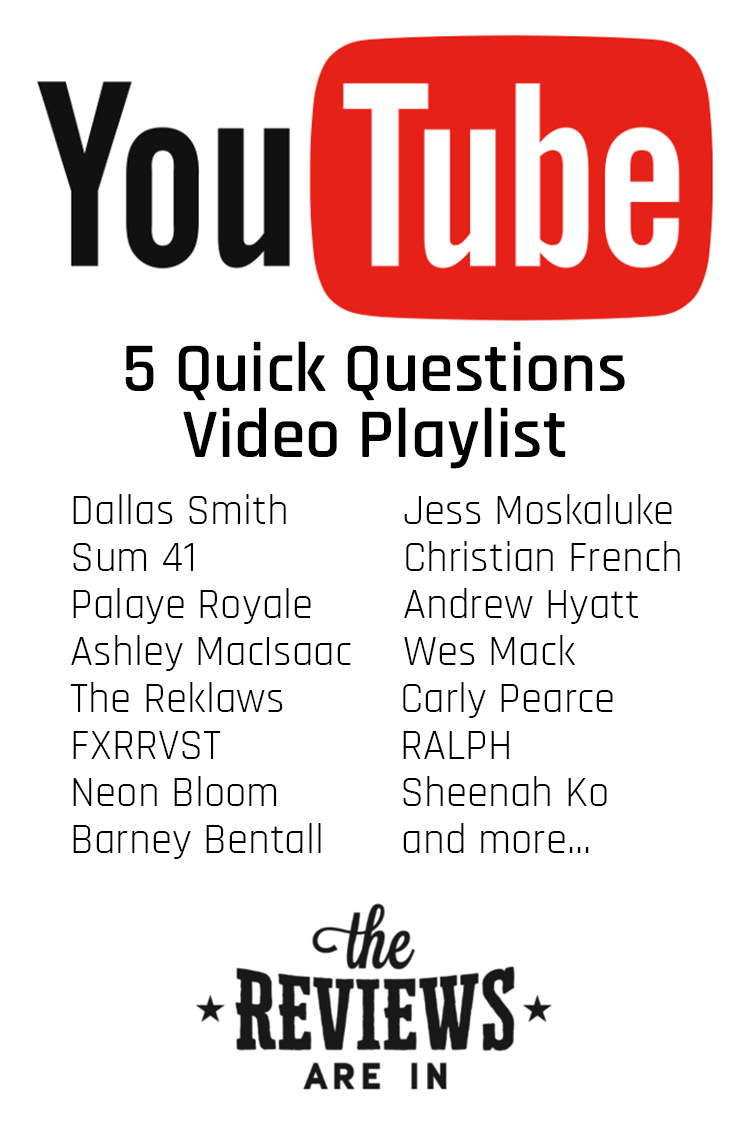Livestreamed Performances: Are They Viable for Musicians and Fans?
Making money as a musician is difficult. CD and vinyl sales, merchandise, and touring are the main ways. Fans can purchase digital copies through sites like Bandcamp. However, these artists tend to have their albums available on streaming services, which fans often already pay for. There is very little money made from streaming. It is not that these artists are depriving themselves of sales by not keeping their projects away from Spotify and Apple Music and only on sites like Bandcamp. Audiences tend to keep their music discovery close to streaming apps. They rely on recommendation features, as well as publications to find new talents and artists which they enjoy, or else stick to what they know. This is no criticism. This is just one part, which is dominant, of how the industry works.
Touring
As mentioned, one of the main ways musicians make money is via CD and vinyl sales, merchandise, and touring. The two former ways and often fundamentally tied to the last. While merch can be purchased via artist’s websites, they are often in-demand. Especially as the merch is carefully crafted and seen as apparel and fashionable items, as much as there are representatives of the musician as a musician. Odd Future were an example of this at the beginning of the 2010s, and prominent member Tyler, the Creator took this idea even further by launching his own fashion brand Golf Wang. Therefore, fans will often make purchases at the venue.
Musicians are always on the road. It’s part of life. However, having an alternative option could benefit them. First and foremost, though, a considerable question will always surround the legitimacy of the audience/customer’s experience when the topic of moving live music online is raised.
In-Person vs. Online
Digitisation is nothing new. Things done digitally now wouldn’t have been dreamed of decades ago. Online casinos are one notable example. The capability of video games and internet-based applications and customer demand drove online casinos into existence. It is a multi-billion-dollar industry after only twenty years. Critics argued that moving casinos online will mean the experience of its luxury and community is lost. This hasn’t happened. Online casinos have replicated the luxury, in some cases, via live games and website design. The experience isn’t lost because the product is still essentially the same, and the community is still present and the fun of games like blackjack, slots, and roulette is there.
Music has a very real ability to be affecting, however it is heard. The experience translates. Live music (recorded) is on YouTube and the energy is felt. Grammy performers generate excitement in those at home and they are told so via social media. Live music is not something that needs to be experienced in-person to be any more felt or experienced.
Monetizing
Making money from live streaming can be complicated. For larger artists like Taylor Swift, it will be easier. Travis Scott has paved the way on this front, streaming to millions of people via a video game, earning money to compete with his touring income. Brands and businesses want star-talent to headline events for them. Gaming streamers are sponsored to perform such roles usually, often by reading out product descriptions and discount codes. It’s a means of enabling brands to engage through a different means.
Smaller artists, however, will not have access to this level of support. Monetizing live streaming will be key. Ticket events are possible. Fans can buy passes and be sent exclusive links which can’t be shared or only allows a single person to access. This does not solve the merchandise issue. Cheaper distribution means is possible, as is limiting the number of purchases to ensure fans get a fair chance. Donation schemes and other crowdfunding means are also possible. What is important is finding a way which is sustainable to enable musicians other means of access to a living wage.







[…] up is Steve Harris. He is famous for being an English musician, as well as the founder of Iron Maiden, which is a notorious heavy metal band. A lot of people may […]